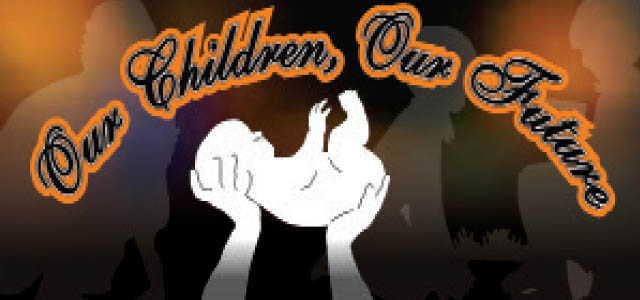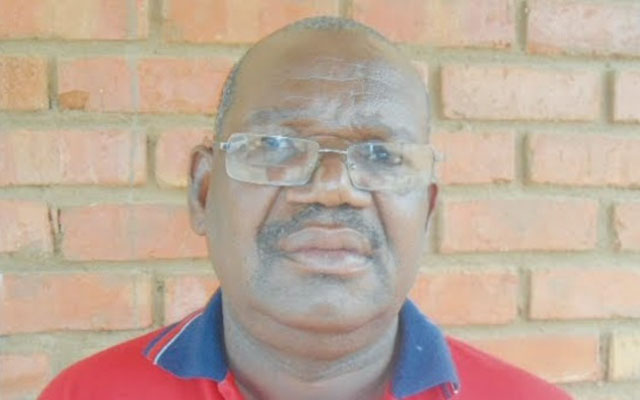Youths as key investors in green innovations

 Going Green, Greening the Country, or Green Economy have become topical in the discourse of Zimbabwe vis-a-vis sustainable development as the country has not been spared the effects of climate change. But what do these terms mean as they have been used interchangeably and why the buzz in social circles and other sectors?
Going Green, Greening the Country, or Green Economy have become topical in the discourse of Zimbabwe vis-a-vis sustainable development as the country has not been spared the effects of climate change. But what do these terms mean as they have been used interchangeably and why the buzz in social circles and other sectors?
According to the Internet Green economy has been defined as an economy that aims at reducing environmental risks and ecological scarcities, and that aims for sustainable development without degrading the environment.
The change in weather patterns in recent years that has been experienced in Zimbabwe — prolonged droughts and floods — has resulted in the negative impact on the environment and has led to threats to human security.
Climate change can only be addressed when one looks into the future as it is a known fact that the future lies in our young people. There is need to ensure that young people are responsive to the environment, adaptation and mitigation initiatives to climate change.
Young people have a vital role to play as they are key to contributing to sustainable development: they are the present and the future and therefore young people have been identified to safeguard the environment for generations to come. Consequently, it is paramount to involve the young people through tapping into their knowledge for ideas as well as exploring the ideas for solutions in keeping the environment or clean energy.
With support from Embassy of Sweden through UNICEF, partners SNV, Boost Fellowship and Action 24 are working together to implement the Green Innovations HUB (GiHUB) Phase II Project which presents young people with an opportunity to contribute to their future.
The project is targeting young people from 35 years and below (primary school going age) and it is an incubation space which seeks to unlock the potential of young people in contributing to sustainable development through novel ideas around smart and sustainable energy.
This project is set to address not only the challenge of climate change but also the challenge of the unemployment through innovative solutions which use indigenous, clean and renewable energy whilst addressing social and community needs.GiHUB PhaseII has three components — Green Schools, Green Jobs and Green Innovations and these components are implemented by the partners Action 24, Boost Fellowship and SNV respectively.
Green Schools Provides funding for schools to create environmental learning opportunities for students, teachers and the school community. The Green Schools Programme seeks to incubate and stimulate climate action that leads children into living and leading sustainable green lifestyles by “Catching and engaging with them Young”
Green Jobs places students who are carrying out their academic work related learning in companies and organizations that have a commitment towards harnessing Sustainable Development Goals for resource efficient and low carbon industrial development. For a period of 10-12 months the intern implements a green project that contributes to the organization’s production efficiency.
The long term view of this programme is that it would create an excitement about developing more environmentally sustainable programmes that make Zimbabwe a trailblazer in establishing a vibrant green economy as well as widen the knowledge base for young people and organizations about green innovations.
Green Innovations is a combination of Innovation Master Classes and Innovators Coaching clinics which will target young social green entrepreneurs from across the country, below 35 years with creative ideas on environmental sustainability and renewable energy.
The best candidates will undergo an intensive boot-camp and incubation process, giving them access to participate in the challenge fund leading to innovation grants. The aim of this component is to provide an incubation and acceleration financing facility to test ideas as well as technical support for scale up.
It is envisioned that by the 2019 there will be “A new generation of environmentally conscious social entrepreneurs” through the efforts of GiHub Phase II as young people will be active agents of promoting a green economy or greening the country. They will be expected to enhance resource efficiency and build low-carbon sustainable societies as they will be responsive to global challenges of environment protection.
- Follow the discussion on how you can contribute or participate to environmental challenge through the following @gihubphaseII; [email protected] ; FaceBookGiHub Phase II or 0775 214898










Comments